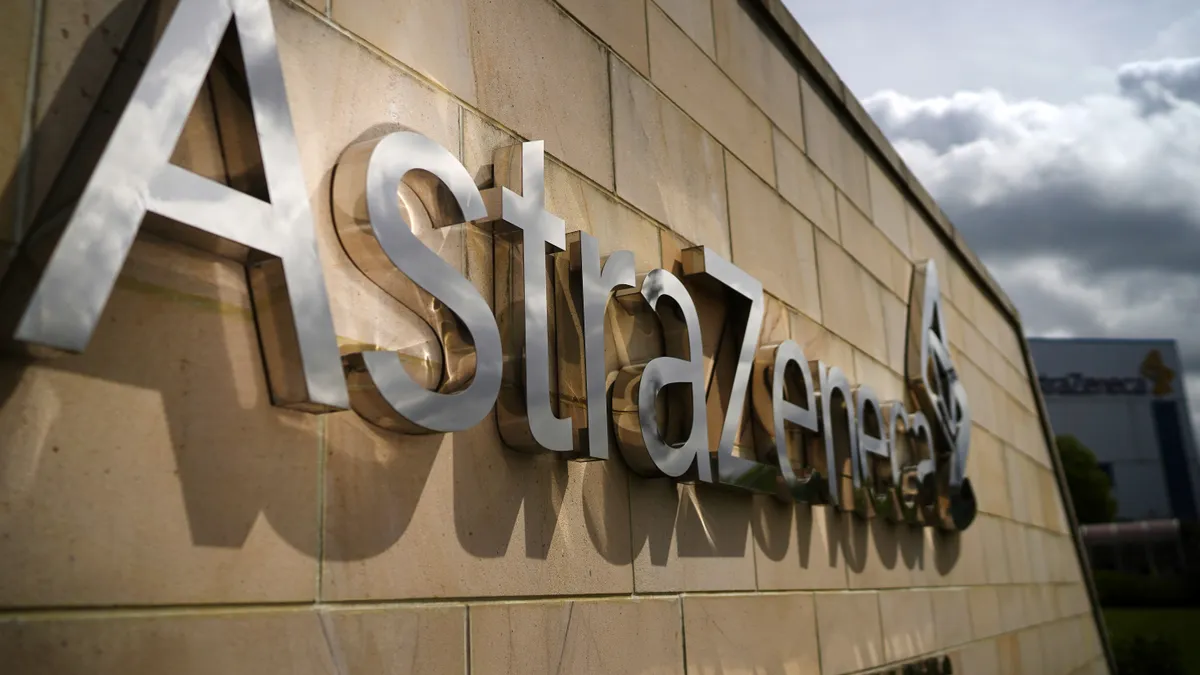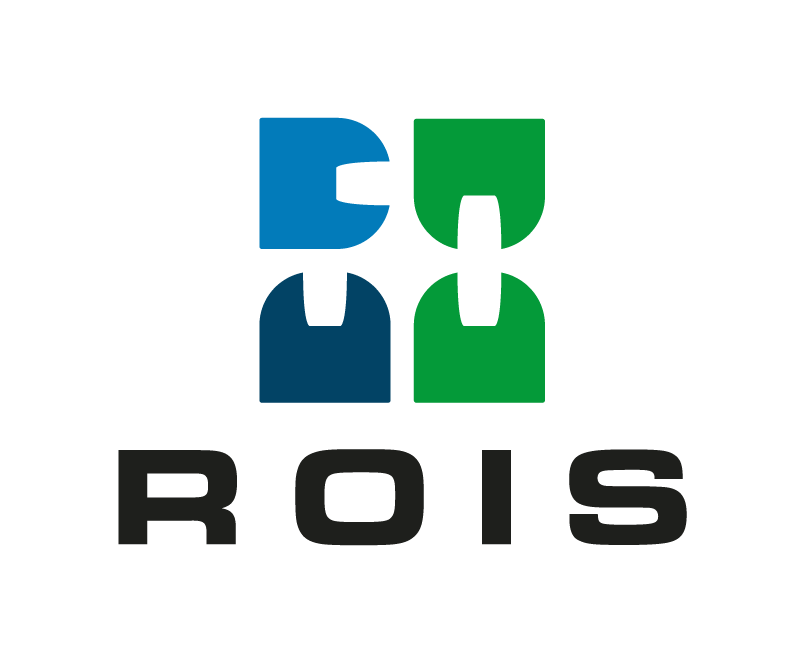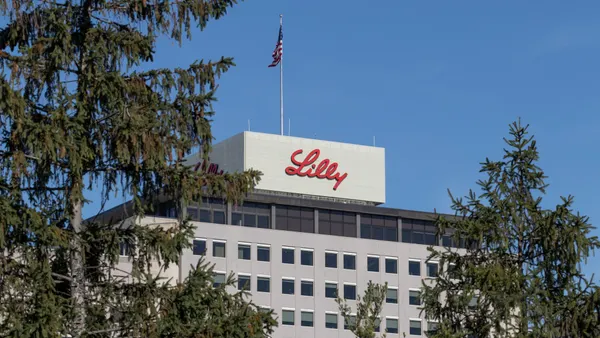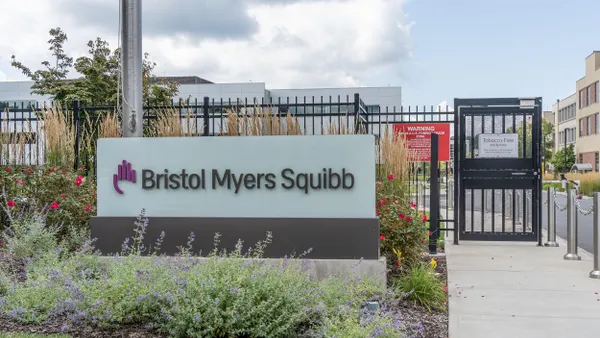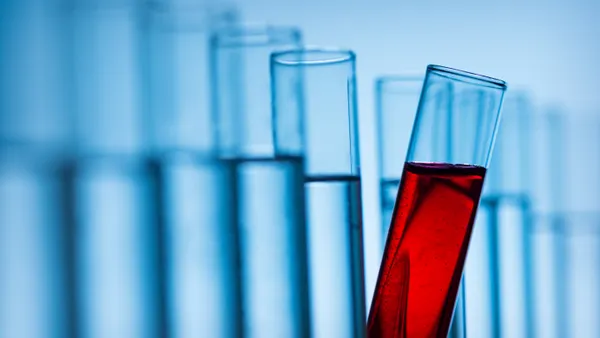Dive Brief:
- An experimental medicine from AstraZeneca and Daiichi Sankyo failed to help people with a common form of breast cancer live longer than those who received standard chemotherapy in a Phase 3 trial, the companies said Monday, raising more questions about the therapy’s approval prospects.
- AstraZeneca and Daiichi previously said that the treatment, a so-called antibody-drug conjugate called datopotamab deruxtecan, met one of its study goals by meaningfully delaying tumor progression in certain people with advanced, HER2-negative breast cancer. The partners filed for approval based on that finding, and the Food and Drug Administration is expected to issue a decision by early 2025.
- That result hasn’t translated to a survival benefit, though, which is a stronger measure of a cancer drug’s worth. In a statement, AstraZeneca said subsequent treatments study participants received after their disease progressed were “likely to have affected survival results.” But the finding “likely complicates regulatory discussions,” wrote Jefferies analyst Peter Welford in a Monday note to investors.
Dive Insight:
Wall Street analysts have high expectations for datopotomab deruxtecan, which is part of a lucrative alliance between AstraZeneca and Daiichi and is in clinical testing for several cancer types. Jefferies analysts have forecasted that, if approved, the drug could generate $9.4 billion in yearly sales at its peak, with $1.2 billion coming in breast cancer alone.
But the future of datopotomab deruxtecan, or dato-dxd for short, is now unclear. In lung cancer, it similarly delayed disease progression in a Phase 3 trial, but didn’t extend survival, even among those who had been expected to benefit the most from treatment. That result, which was disclosed earlier this month, led analysts at the investment bank Stifel to speculate that the FDA might delay an approval decision and convene a panel of outside advisers.
Dato-dxd could now face a more complex path to market in breast cancer too. Overall survival was one of the two main goals of its breast cancer trial and is the FDA’s gold standard for the approval of a cancer drug. Though comparing drugs across trials can be difficult, Jefferies analyst Welford noted that dato-dxd’s benefit on tumor progression was also “broadly in-line” with what was observed in testing of Gilead’s similar rival drug Trodelvy.
The results, then, could give Gilead a leg up against a potential competitor, according to RBC Capital Markets analyst Brian Abrahams. The FDA could conceivably reject dato-dxd altogether. But even if it doesn’t, the companies wouldn’t be able to claim a survival benefit compared to chemotherapy, which Trodelvy was able to achieve in testing, he wrote.
Furthermore, doctors sometimes retest patients’ HER2 status after disease progression. If they’re found to have low, but still detectable levels of the protein, clinicians could steer them towards AstraZeneca and Daiichi’s Enhertu, which is already marketed for breast cancer.
After a slow start, Trodelvy sales grew to $1.1 billion in 2023. It’s now Gilead’s fastest-growing drug, with year-over-year sales growing 30% through the first six months of 2024.



